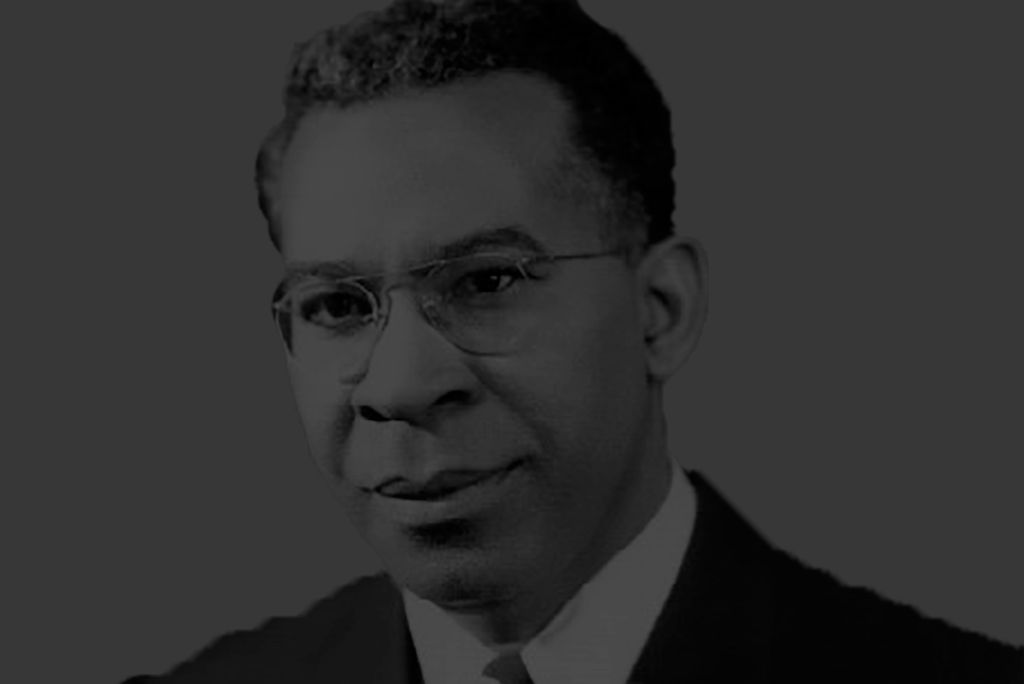Encyclopedic Entry Featuring Sean P. Hier
It is with gratitude that we feature Sean P. Hier, who is an Assistant Professor of Sociology at the University of Victoria in Canada, for his contribution to the Oliver Cromwell Cox encyclopedic entry in November 2004. His current research is focused on surveillance, social problems and racism in Canada.
Oliver Cromwell Cox (b. 24 August 1901, Port-of-Spain, Trinidad , d. 4 September 1974) is one of the most important, and most neglected, African-American social scientists (sociologists) in the history of North American social thought. He published five books and thirty-five articles during his lifetime. The breadth of his scholarship was impressive, ranging from path-breaking analyses of capitalism to African-American leadership. Cox won the esteemed Du Bois-Johnson-Frazier Award in 1971 for his contributions to understandings of racism, capitalism, and historical sociology, but he has yet to realize his rightful place alongside leading African-American scholars in the history of social thought.
Cox immigrated to the United States in 1927, and earned degrees in Economics and Sociology at the University of Chicago (his PhD was awarded in 1938). In his famous Caste, Class, and Race (published 1948) he critiqued several prominent schools of thought, including: the “caste school” of race relations, structural functionalist/Chicago School accounts of race relations, the “black bourgeoisie” school, and orthodox Marxism. One of Cox’s most enduring arguments was that racism emerged with the rise of modern European capitalism. He argued forcefully that racial antagonism is part of the class struggle, and that racial antagonism did not exist in the world before about 1492.
The reputation Cox acquired with the publication of Caste, Class and Race left him on the margins of American scholarship. Few social scientists are aware that Cox wrote a trilogy on world capitalism in the 1950s and 1960s that predates the institutionalization of the world-system perspective. Indeed, Immanuel Wallerstein, the canonized “founder” of world-system theory, proclaimed: “Oliver Cox expounded in the 1950s and 1960s virtually all the basic ideas of world-system analysis. He is a founding father…” (Wallerstein 2000:174). The sophistication of Cox’s scholarship continues to inspire generations of social researchers, and the significance of his scholarly impact remains to be fully explicated.
See also Hunter and Abraham (1987) and Hier (2001).
Bibliography
Hunter, H. M. and S.Y. Abraham. 1987. Race, Class, and the World System. New York : Monthly Review Press.
Hier, Sean P. 2001. “The Forgotten Architect: Cox, Wallerstein, and World-System Theory.” Race and Class, 42, 3, Pp. 69-86.
Wallerstein, Immanuel. 2000. “Oliver C. Cox as World-System Analyst.” Pp. 173-183 in The Sociology of Oliver C. Cox: New Perspectives. Edited by Herbert M. Hunter. Connecticut : JAI Press. Pp. 173-183.
Sean P. Hier, University of Victoria , Canada
shier@uvic.ca
